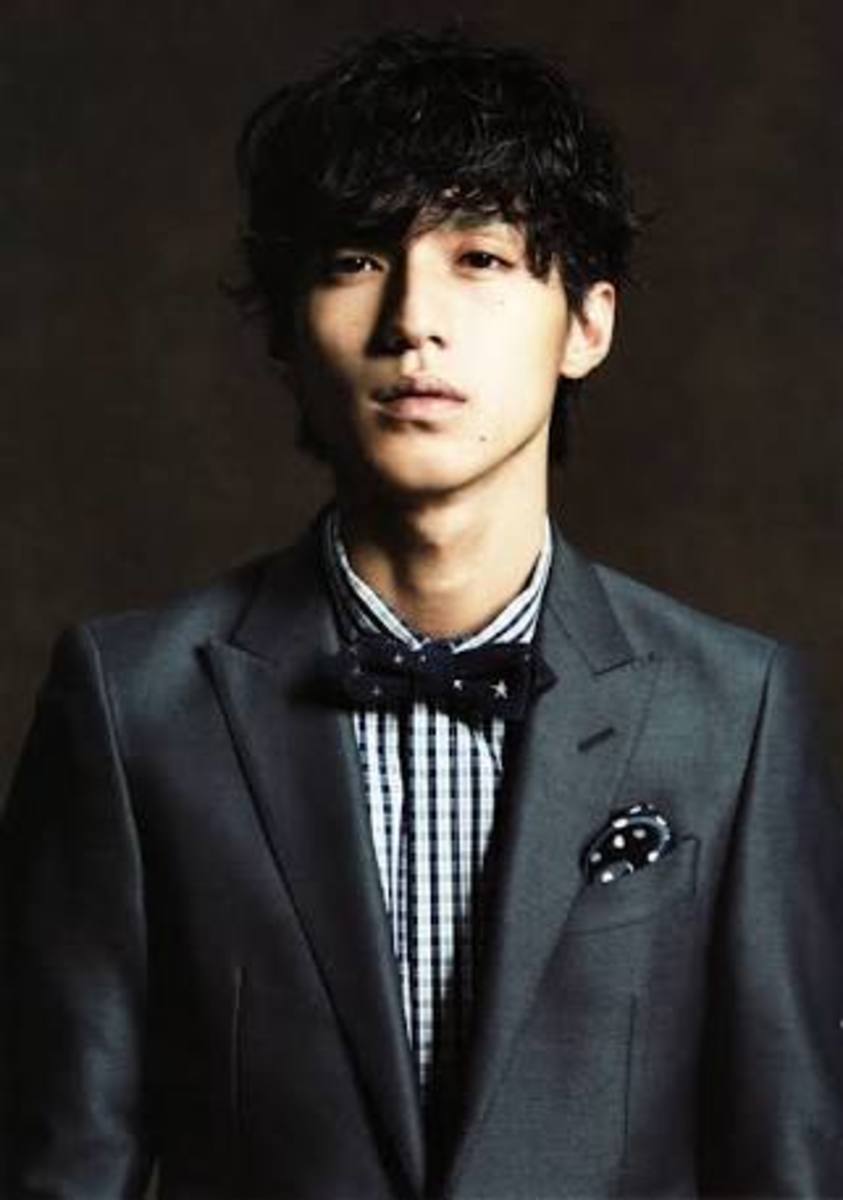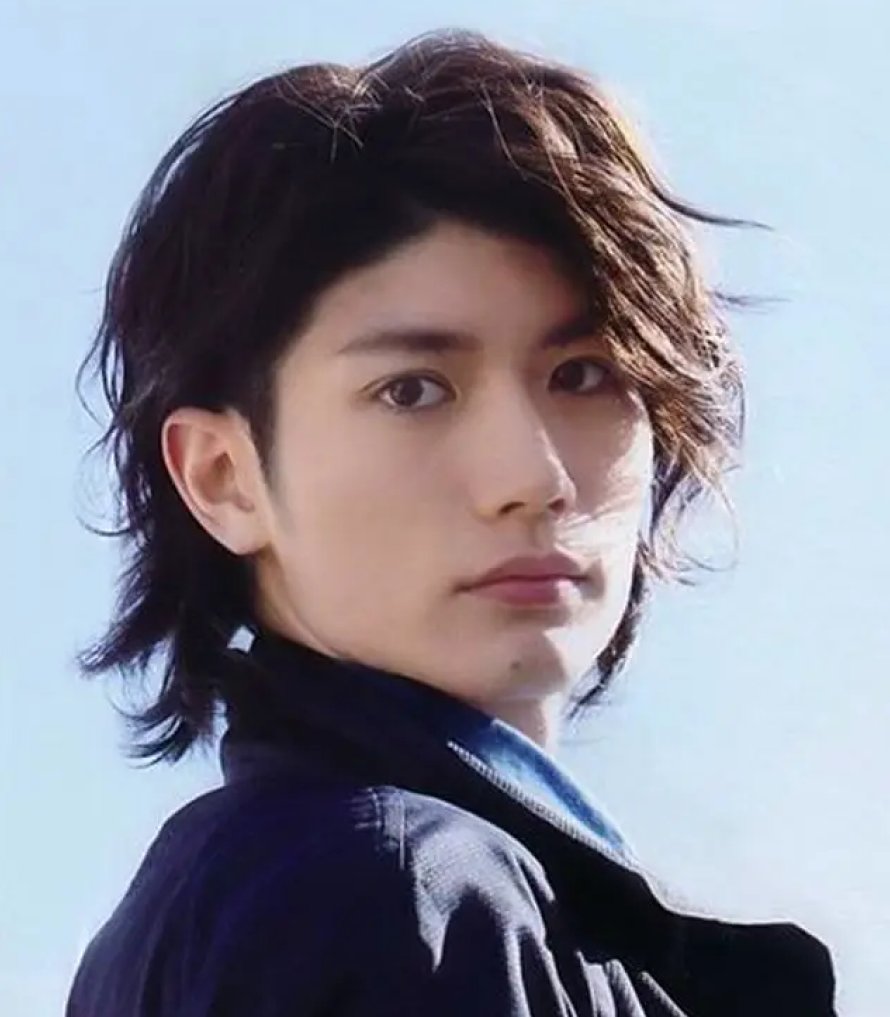Exploring The World Of Japanese Actors: A Journey Through Talent And Culture
Japanese actors have captivated audiences worldwide with their exceptional talent and diverse roles. Their contributions to film and television not only showcase their acting prowess but also reflect the rich culture and history of Japan. In this article, we will delve into the lives and careers of some renowned Japanese actors, highlighting their impact on the entertainment industry. From rising stars to legendary figures, the world of Japanese cinema is as vibrant as it is complex.
As globalization continues to influence the entertainment landscape, Japanese actors have increasingly found their way into international films and series, breaking down cultural barriers. This article will explore the evolution of Japanese actors in the global arena, their notable works, and the unique qualities that set them apart from their Western counterparts.
Whether you are a long-time fan of Japanese cinema or new to the genre, understanding the contributions of these actors is key to appreciating the depth and diversity of their performances. Join us on this comprehensive journey as we celebrate the achievements of Japanese actors and their lasting legacy in the world of entertainment.
Table of Contents
- Biography of Notable Japanese Actors
- Top Japanese Actors of All Time
- Rising Stars in Japanese Cinema
- The Impact of Japanese Actors on Global Cinema
- Cultural Representation in Japanese Films
- The Evolution of the Japanese Film Industry
- Training and Development for Japanese Actors
- Conclusion
Biography of Notable Japanese Actors
Understanding the backgrounds and careers of prominent Japanese actors provides insight into their artistic journey. Below is a brief overview of some of the most influential figures in Japanese cinema.
| Name | Date of Birth | Notable Works | Awards |
|---|---|---|---|
| Ken Watanabe | October 21, 1959 | Letters from Iwo Jima, The Last Samurai | Academy Award Nominee |
| Hiroshi Abe | June 22, 1964 | Shall We Dance?, The Last Recipe | Japan Academy Prize |
| Rinko Kikuchi | January 6, 1981 | Babel, Pacific Rim | Academy Award Nominee |
| Takuya Kimura | November 13, 1972 | Hero, 2046 | Japan Academy Prize |
Top Japanese Actors of All Time
Japanese cinema has produced a plethora of talented actors who have left an indelible mark on the industry. Here are some of the most celebrated actors in Japanese history:
- Akira Kurosawa: Not just a director, but also an actor in his films, he is known for classics such as Rashomon and Seven Samurai.
- Toshiro Mifune: One of Japan's most iconic actors, he starred in many of Kurosawa's films and is renowned for his powerful performances.
- Setsuko Hara: Known for her roles in post-war cinema, she is celebrated for her performances in films like Tokyo Story.
- Chieko Baisho: A beloved actress known for her roles in Ghibli films, she has a special place in the hearts of many fans.
Ken Watanabe: A Global Icon
Ken Watanabe has become a household name internationally, known for his roles in films such as The Last Samurai and Inception. His ability to portray complex characters with depth and emotion has earned him critical acclaim and numerous awards.
Rinko Kikuchi: Breaking Barriers
Rinko Kikuchi made history as the first Japanese actress to receive an Academy Award nomination in over 50 years for her role in Babel. Her performances often challenge societal norms and highlight the struggles of women in contemporary Japan.
Rising Stars in Japanese Cinema
The future of Japanese cinema looks promising with a new generation of talented actors making their mark. Here are some rising stars to watch:
- Kanna Hashimoto: Known for her role in the live-action adaptation of the anime series "Kyoukai no Kanata," she is quickly gaining popularity.
- Masaki Suda: A versatile actor who has showcased his talents in both film and music, he is recognized for his roles in "The Last Recipe" and "Kamen Rider."
- Fumi Nikaido: With a unique style and strong performances, she has become one of the most sought-after young actresses in Japan.
The Impact of Japanese Actors on Global Cinema
Japanese actors have significantly influenced global cinema, contributing to the popularity of Japanese films and cultural narratives worldwide. Their unique storytelling methods and character portrayals have opened doors for cross-cultural collaborations.
Notably, films like "Rashomon" and "Spirited Away" have not only won awards but also introduced international audiences to Japanese culture. The portrayal of intricate human emotions and societal challenges resonates universally, making Japanese cinema a valuable part of the global film landscape.
Cultural Representation in Japanese Films
Cultural representation is a crucial aspect of Japanese cinema. Actors often embody characters that reflect the complexities of Japanese society, from traditional values to modern challenges.
Historical Context
Many films explore Japan's historical events, such as World War II and the Meiji Restoration, providing insights into the nation's past. Actors play pivotal roles in bringing these stories to life, ensuring that future generations understand their cultural heritage.
Modern Themes
Contemporary films often tackle issues such as identity, technology, and gender roles, allowing actors to engage with pressing societal topics. This evolution in storytelling has made Japanese cinema relevant in today's global context.
The Evolution of the Japanese Film Industry
The Japanese film industry has undergone significant changes over the decades, adapting to technological advancements and shifting audience preferences. From the golden age of cinema in the 1950s to the rise of digital media, the industry has continuously evolved.
- Classic Era: The 1950s to 1960s marked a significant period for Japanese cinema, with directors like Akira Kurosawa gaining international acclaim.
- Modernization: The 1980s and 1990s saw the emergence of new genres, including anime and horror, attracting a global audience.
- Digital Transformation: The advent of digital technology has revolutionized filmmaking, allowing for more creative storytelling and wider distribution.
Training and Development for Japanese Actors
Becoming a successful actor in Japan requires rigorous training and dedication. Many actors begin their careers at a young age, often enrolling in acting schools or joining talent agencies.
- Acting Schools: Institutions such as the Tokyo University of the Arts offer formal training programs in acting, voice, and movement.
- Talent Agencies: Most actors are signed with agencies that provide opportunities for auditions, workshops, and networking.
- Continuous Learning: Many actors participate in ongoing training to refine their skills and adapt to industry changes.
Conclusion
Japanese actors have made significant contributions to the world of cinema, showcasing their talent and cultural heritage on a global stage. From legendary figures to rising stars, their impact is felt far and wide. As the industry continues to evolve, the stories told through their performances will undoubtedly inspire future generations.
We encourage you to explore the works of these remarkable actors and deepen your appreciation for Japanese cinema. Share your thoughts in the comments below, and don’t forget to check out other articles on our site for more insights into the fascinating world of film.
Call to Action
If you enjoyed this article, please share it with your friends and family. Stay tuned for more updates on the latest trends in cinema and the inspiring stories of talented actors around the world!
Ligit Hausa: Your Ultimate Guide To Hausa Culture And Language
Bald Actors: Celebrating The Iconic Stars Who Rock The Look
Exploring The Life And Career Of Lauren Simonetti



